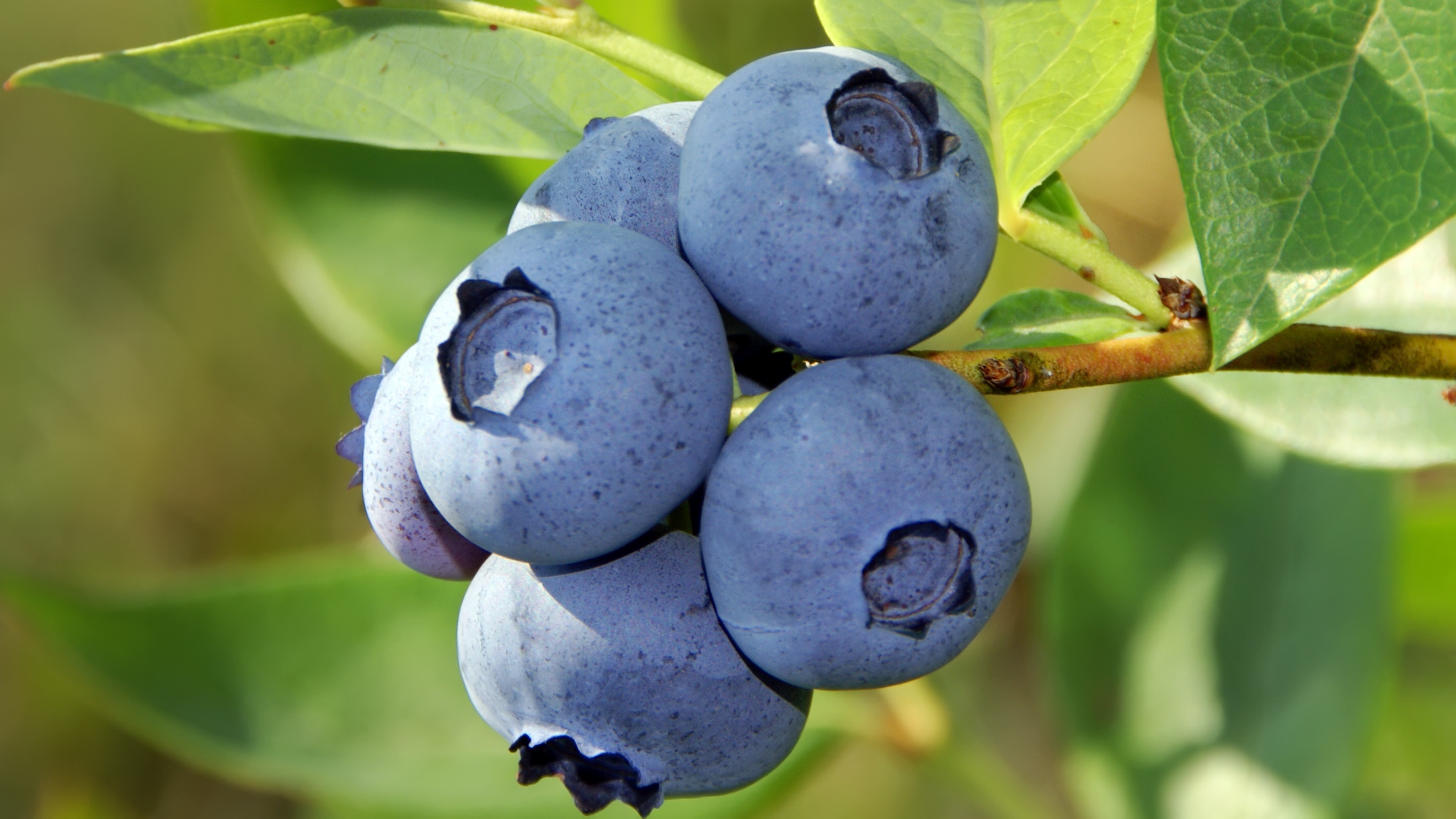Eye-watering blueberry prices could stay higher for longer this year due to seasonal shortages and crop damage caused by last month's torrential rain in northern New South Wales.
The family favourite has been priced as high as $9.80 per 125-gram punnet in supermarkets in the past week, equating to $78.40 per kilogram.
That compares to a low of less than $2.50 for a 125-gram punnet in most capital city retailers last October and a high of $19.99 a punnet at Fitzroy Crossing in Western Australia in June 2024.
Berries Australia executive director Rachel Mackenzie said consumers could expect prices to ease as winter production increased, but torrential rain in northern NSW last month had impacted developing fruit that would normally hit the market in the next few weeks.
While there will be some price relief, with most of Australia's blueberries grown in the Coffs Harbour region, prices are likely to stay higher than in previous years.
"Some growers have been completely flooded; others have had infrastructure damage and another problem is pest and disease increases after a big rain event like that," Ms Mackenzie said.
The Australian Horticulture Statistics handbook valued blueberry production at $505.1 million in Australia last financial year, with 27,540 tonnes produced.
Blueberries are also grown in Queensland, Victoria, WA and South Australia to ensure year-round supply.
"At the moment any Australian fruit you see will probably be coming mostly from Far North Queensland, on the Atherton Tableland," Ms Mackenzie said.
Import, export markets
Australia has traditionally imported 700–1,700 tonnes of fresh blueberries a year, mostly from New Zealand.
Ms Mackenzie said that despite Australia's higher production costs, the industry was focused on growing exports, competing with countries like Peru.
"We're hopeful that we'll be able to have access to Vietnam relatively soon," she said.
"China is a bit more of a long game but we are the current negotiating priority so that certainly means that we're in the mix."
Ms Mackenzie said a recent Chinese delegation visited Australian blueberry farms looking to fill a gap in their home-grown supply, aligning with peak production in Australia.
"They actually do grow a lot of blueberries in China and interestingly, a lot of the genetics they grow are Australian genetics," she said.
"Despite being quite a small production country for blueberries, we're actually a real powerhouse in terms of genetics.
"We have the benefit of quality, proximity and obviously our fantastic record on food safety and sustainable practices."
Strawberries also pricey
Wet weather and seasonal shortages have also impacted strawberry prices, with a 250-gram punnet retailing for $5.50 in some supermarkets.
Queensland Strawberry Growers Association president Adrian Schultz said the state supplied most of Australia during winter and spring.
Apart from some recent sunshine, farmers have battled months of rain since planting began in March, meaning lower volumes of fruit on the market.
Mr Schultz said a move towards hydroponic production on tabletops, using more mature plants that fruit earlier in the season, was good news for consumers.
He appealed for patience with prices until supply increased, explaining that growers had already outlaid hundreds of thousands of dollars in the past six months.
"We try and recoup all of our production costs and then later in the season is where we hope to make a profit," Mr Schultz said.
Figures from the Australian Horticulture Statistics Handbook 2023/24 show Australian growers produced 80,741 tonnes of strawberries worth $505.5 million.
Mr Schultz said the industry was consolidating, with the association's membership about half what it was 20 years ago.
"That's basically because small family farms have gone by the wayside and the larger corporate entities have continued to expand," he said.
While the number of growers may be shrinking, he said production remained steady, and strawberries were popular with consumers.
"They've got a lot of vitamins and folate, nearly as much vitamin C as a Valencia orange," Mr Schultz said.
Tasty new varieties
Australian strawberry breeding program head Jodi Neal said it took six to seven years from cross-pollination to commercial release to develop varieties suited to subtropical production in south-east Queensland and Bundaberg, temperate areas in the southern states and Stanthorpe and Perth's Mediterranean conditions.
She said it took several more years for nurseries to multiply enough plants for farmers to adopt new releases, including the Stella variety.
The strawberry named in honour of the late disability activist and comedian Stella Young is being grown commercially this year.
"It's potentially a more profitable strawberry variety," Dr Neal said.
"It has larger fruit which means that the cost of production is a lot lower for our farmers, so they can continue making a profit."
Dr Neal said developing tasty, disease-resistant, productive varieties was satisfying.
"Getting farmers talking to us and telling us how much that variety helped them this season — having consumers coming to us, saying, the fruit this winter is tasting fantastic, that's what drives me."
New white and pink strawberry varieties will become commercially available to growers next year.
Source - https://www.abc.net.au













